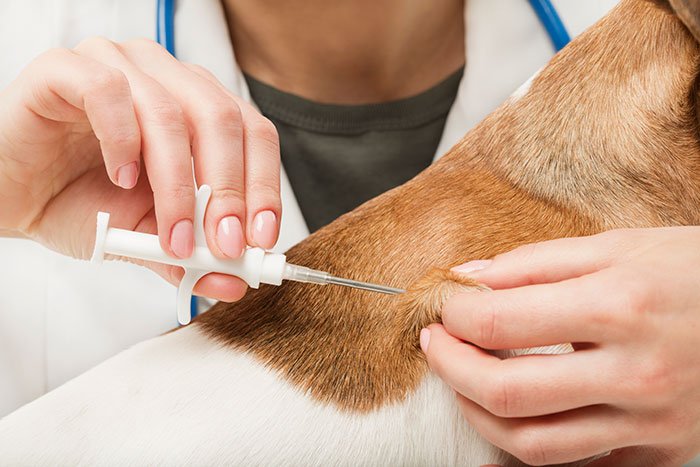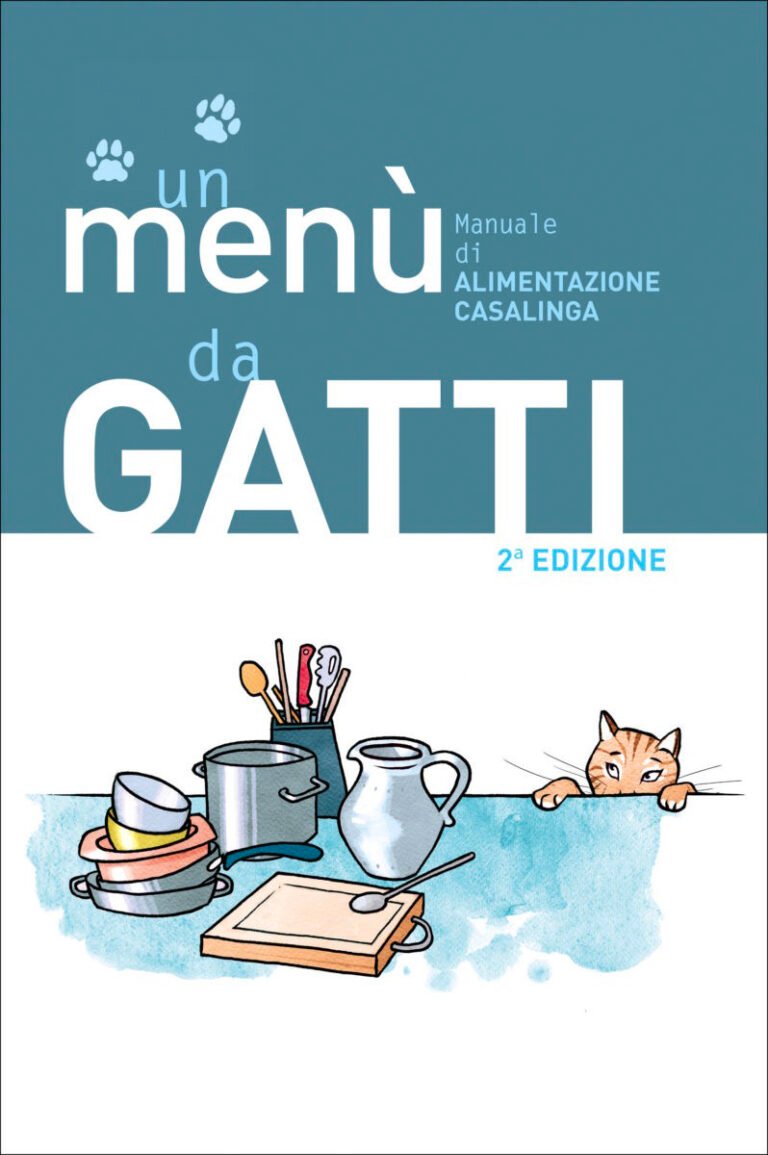
For pets, drinking water is more than just quenching their thirst. Water plays a crucial role in their bodies and is essential for their overall health. Here’s why hydration is so important for pets and how you can ensure they get enough water.
Maintaining Physiological Balance
Water is a key component of a pet’s body, helping to maintain fluid balance, regulate body temperature, and facilitate normal metabolic processes. Adequate hydration supports the proper functioning of cells and tissues, ensuring overall bodily health.
Promoting Digestion
Water is vital for a healthy digestive system. It helps food move smoothly through the digestive tract and prevents constipation. Proper hydration aids in nutrient absorption and waste elimination, ensuring that the digestive system operates efficiently.
- Preventing Urinary Tract Infections
Sufficient water intake helps dilute urine, reducing the risk of urinary tract infections and stone formation. Adequate hydration supports proper urine excretion and prevents urine from becoming too concentrated, minimizing urinary issues.
- Improving Skin and Coat Health
Adequate water intake helps keep the skin hydrated and prevents dryness and hair loss. Healthy skin and a shiny coat require sufficient moisture to maintain elasticity and luster, ensuring your pet’s appearance remains vibrant.
- Boosting the Immune System
Proper hydration also helps enhance your pet’s immune system, allowing them to better fend off illnesses. Adequate water intake helps the body effectively flush out toxins and maintain normal immune function.
How to Ensure Your Pet Gets Enough Water
- Provide Fresh Water: Always ensure your pet has access to clean, fresh water. Change the water in their bowl daily to keep it clean.
- Use a Water Fountain: Automatic water dispensers can increase water flow, attract pets to drink more, and reduce water contamination.
- Monitor Water Intake: Observe your pet’s drinking habits to understand their normal water intake and adjust as necessary.
- Add Wet Food: If your pet is reluctant to drink water, consider adding wet food to their diet, which can increase their water intake.
Ensuring that your pet stays well-hydrated is a key step in maintaining their health. By providing clean, fresh water and managing their hydration needs effectively, you can help your pet stay in optimal health.




